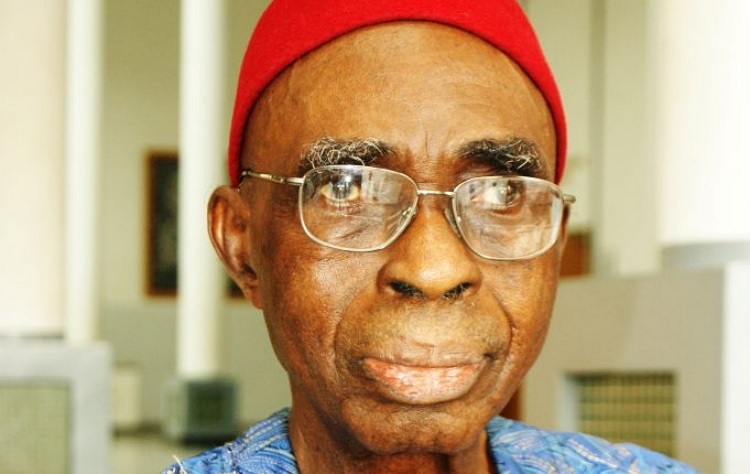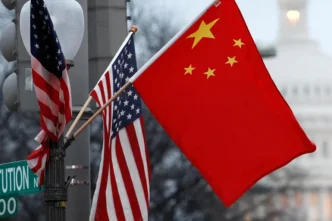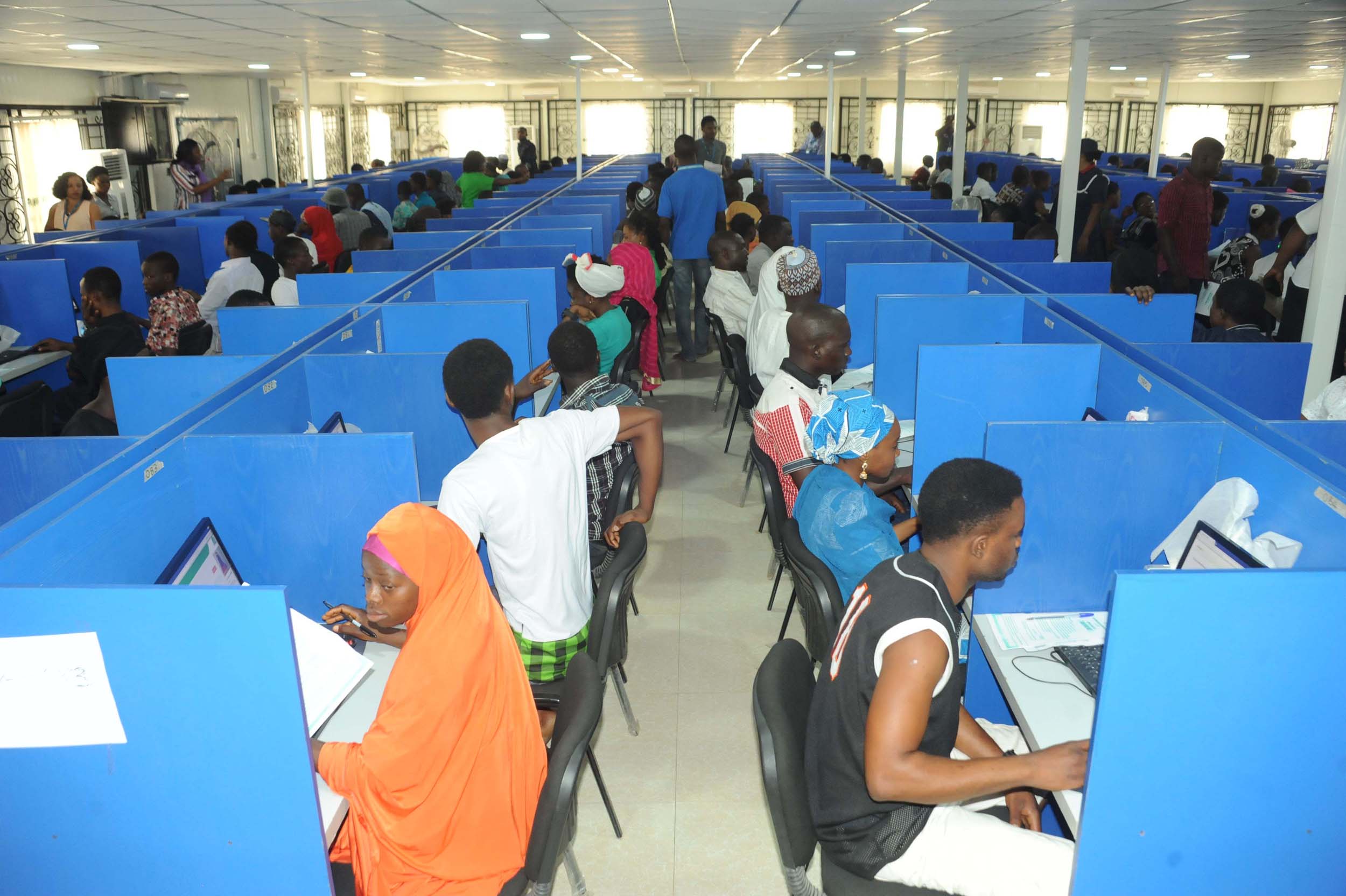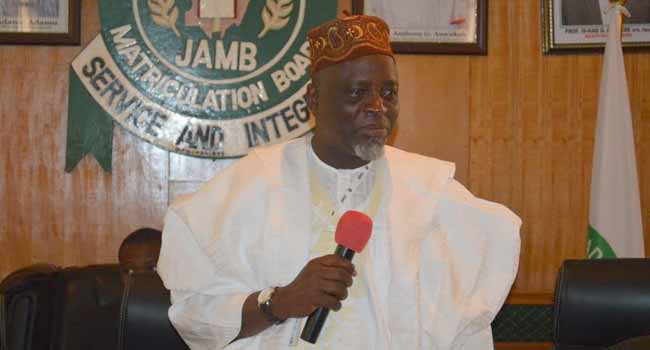BY CHUKS AKAMADU
The Solow Growth Model, in development economics, suggests that poor countries can catch up with the advanced economies through labour growth, accumulation of capital and technological advancement. However, the Model has lately come under severe criticism by notable scholars who consider it to be wishful, idealistic and downright impossible. They argue that proponents of the Solow Growth Model forget to consider the structural differences, institutional, and technological constraints that would, in their opinion, continue to make convergence impossible.
Further, they insist that advancement in knowledge, technology and innovation cannot be halted in the advanced economies, just to wait for less-developed countries to catch up with them. Likewise, low levels of education, health deficits, and skill gaps combined reduce labour productivity and slow the adoption of modern technologies; therefore, even though technology is available globally, effective use requires complementary investments in education, management, and institutions, which competitive trade-offs make impossible. Again, the poor countries often have lower savings and investment rates, higher population growth, and limited access to technology, and changes in these variables cannot be equalised easily.
Whilst I am quick to admit that I am not by any means an expert in macro-economics, I nonetheless do have a bit of difficulty wrapping my head around the logic in the scathing position of Solow Growth Model critics, especially when weighed on the scale of empiricism and history. Except my memory fails me, I have it on good authority that between 1954 and 1964, the Eastern Region of Nigeria was adjudged the fastest growing economy in the world by Harvard Review. From credible records, it was way ahead of China, Singapore and the “Asian Tigers”. Commonsensically speaking, therefore, if the Region had continued on that growth trajectory unhindered, there is every possibility that, like the China that was behind it, Eastern Nigeria would have, on merit, since broken into the pantheon of world economic leadership.
Advertisement
I grant, without a grudge, that factors such as paucity of investment in management, institutions and education, as well as deficits in skilled manpower, health and education sectors, are inhibiting factors, but they are essentially outcomes of leadership failure. So, perhaps what is missing in the Solow Growth Model is a proviso that would read: …provided there is demonstrable leadership commitment. And to be sure, it was this demonstrable leadership commitment that enabled the Eastern Region of Nigeria to attain the feat acknowledged by Harvard Review at the time.
Talking about that golden era of the Land of Sunrise, one man features prominently. He’s Chief Bob Ogbuagu (1925-2017). He served as the Executive Secretary of Eastern Nigeria Development Corporation (ENDC)– the engine room of the phenomenal developmental strides of the Michael Okpara administration. It is within this context that he is being fondly remembered and sorely missed today. His accomplishments in office were and still remain an unimpeachable affirmation of the Solow Growth Model. He and his teammates had good heads on their shoulders, and they provided the right leadership that steered the region on the path of economic growth and sustainable development. Alas, a dream that was fast coming true was rudely truncated by military incursion! The rest, as they say in our clime, is history.
Were he to be alive today, late Chief Ogbuagu would have been celebrating his centennial birthday anniversary. He was one of Nigeria’s fiercest nationalists, an independence fighter and foremost patriot. As a daring member of the Zikist movement, he suffered incarceration but was never deterred in his quest for a great Nigeria.
Advertisement
When Chief Ogbuagu turned 90 on May 25, 2015, I had the rare honour of spending the better part of his birthday morning with him in his country home, Umukabia in Ohuhu clan of Umuahia, Abia State. I had asked him pointedly: “Looking at Nigeria today, any regrets?” He drew a deep breath with an unmistakable grimace crawling up to his face and answered thus: “Well, in our days, there was a pattern. There were values. We desired to serve, not to grab power. Nigeria had a direction that wasn’t in dispute. More than anything else, governance was a purposive enterprise and the purpose was the people’s wellbeing”. He had walked away – allowing me to chew on his response or, as Ndigbo would say, “use my tongue to count my teeth”.
Shortly afterwards, he emerged from his bedroom, and I didn’t hesitate to ask him what his take on the call for “restructuring” was. He had shot straight: “Restructuring Nigeria is desirable, but restructuring the minds of Nigerians is far more important”. He made it clear to me that the restructuring narrative was being crafted to falsely present Nigeria as Nigerians’ problem while the reverse was the case. Food for thought, isn’t it?
In their book, Why Nations Fail: The Origins of Power, Prosperity and Poverty, Daron Acemoglu James A. Robinson made a distinction between South Korea and North Korea, and clearly showed that the former’s economy which is as healthy as that of Portugal is a function of a conscious choice made by its leadership. Conversely, the latter’s economy, which shares similarities with the economies of sub-Saharan Africa, is also a result of leadership failure. Taken as a whole, the North Korea-South Korea differing experiences agree that with the right leadership, there is ample room for a third world country to migrate into second and indeed become the world’s second largest economy, as is the case with China at present.
For Nigeria and her economy in turmoil, all hope is not lost. Chief Ogbuagu of blessed memory had already offered a panacea: restructure the minds of Nigerians. By this, he meant a hasty return to the cherished values of old, a warm embrace of patriotism and making the very purpose of governance the people’s wellbeing. What is more, while alive, Chief Ogbuagu lived the life he preached. He despised crude exercise of power and retained an unquenchable appetite for service. He was a quintessential gentleman whose earthly struggles were undeniably altruistic. The better part of his octogenarian years on this planet was spent under “The Patriots” canopy alongside other members and fellow distinguished elder statesmen like Chief Rotimi Williams, Amb. MT Mbu, MCK Ajuluchukwu and Prof. Ben Nwabueze in search of Nigeria’s redemption.
Advertisement
As a four-star Paul Harris fellow, his accomplishments in Rotary International have remained immaculate and unassailable. In industry, he left phenomenal leadership legacies as President of the Nigerian Institute of Public Relations (NIPR) and the Federation of African Public Relations Association (FAPRA), respectively. In the Lord’s Vineyard, he acquitted himself creditably as one of the brightest stars of the Methodist Church Nigeria of his era. He was well-bred, well-groomed, urbane and refined almost to a fault. Suffice it therefore to say that for the Solow Growth Model to work for Nigeria, we should quickly go hunt for and insist on the recruitment of the Bob Ogbuagus that are still left in our midst; for this is our surest path to economic salvation.
Happy 100th birthday anniversary to Chief Bob Ogbuagu, OON (1925-2017)!
Chuks Akamadu is the managing director of Afrocultour Limited
Advertisement
Views expressed by contributors are strictly personal and not of TheCable.









